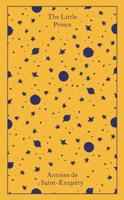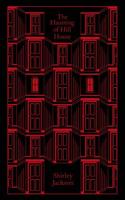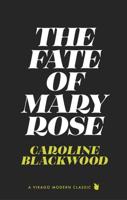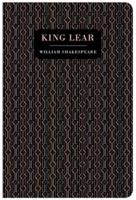Publisher's Synopsis
Troilus and Cressida is a tragedy by William Shakespeare. Although the difficulties of determining the date of 'Troilus and Cressida' are very great, there are many grounds for assigning its composition to the early days of 1603. In 1599 Dekker and Chettle were engaged by Henslowe to prepare for the Earl of Nottingham's company-a rival of Shakespeare's company-a play of 'Troilus and Cressida, ' of which no trace survives. It doubtless suggested the topic to Shakespeare. On February 7, 1602-3, James Roberts obtained a license for 'the booke of Troilus and Cresseda as yt is acted by my Lord Chamberlens men, ' i.e. Shakespeare's company. [226a] Roberts printed the Second Quarto of 'Hamlet' and others of Shakespeare's plays; but his effort to publish 'Troilus' proved abortive owing to the interposition of the players. Roberts's 'book' was probably Shakespeare's play. The metrical characteristics of Shakespeare's 'Troilus and Cressida'-the regularity of the blank verse-powerfully confirm the date of composition which Roberts's license suggests. Six years later, however, on January 28, 1608-9, a new license for the issue of 'a booke called the history of Troylus and Cressida' was granted to other publishers, Richard Bonian and Henry Walley, [226b] and these publishers, more fortunate than Roberts soon printed a quarto with Shakespeare's full name as author. The text seems fairly authentic, but exceptional obscurity attaches to the circumstances of the publication. Some copies of the book bear an ordinary type of title-page stating that the piece was printed 'as it was acted by the King's majesties servants at the Globe.' But in other copies, which differ in no way in regard to the text of the play, there was substituted for this title-page a more pretentious announcement running: 'The famous Historie of Troylus and Cresseid, excellently expressing the beginning of their loues with the conceited wooing of Pandarus, prince of Lacia.' After this pompous title-page there was inserted, for the first and only time in the case of a play by Shakespeare that was published in his lifetime, an advertisement or preface. In this interpolated page an anonymous scribe, writing in the name of the publishers, paid bombastic and high-flown compliments to Shakespeare as a writer of 'comedies, ' and defiantly boasted that the 'grand possessers'-i.e. the owners-of the manuscript deprecated its publication. By way of enhancing the value of what were obviously stolen wares, it was falsely added that the piece was new and unacted. This address was possibly the brazen reply of the publishers to a more than usually emphatic protest on the part of players or dramatist against the printing of the piece. The editors of the Folio evinced distrust of the Quarto edition by printing their text from a different copy showing many deviations, which were not always for the better.










